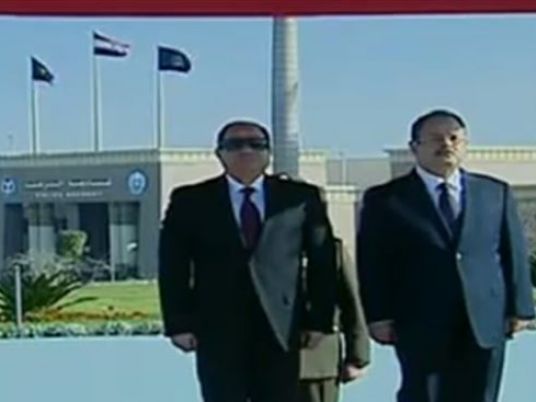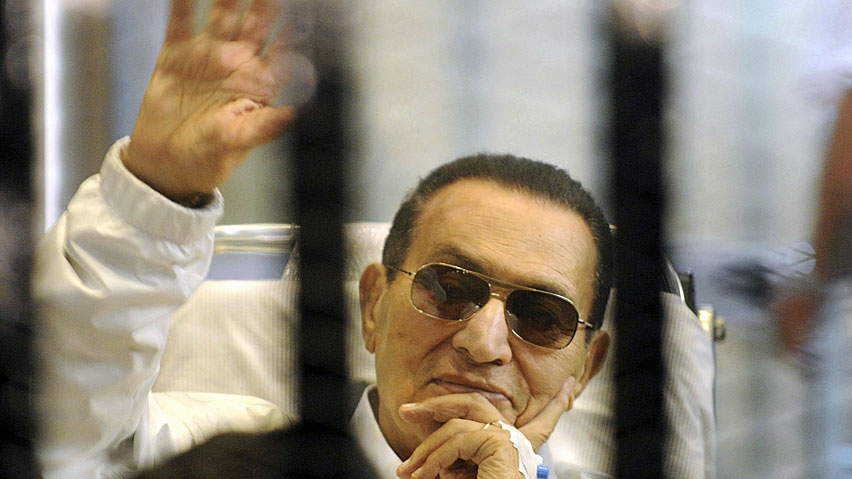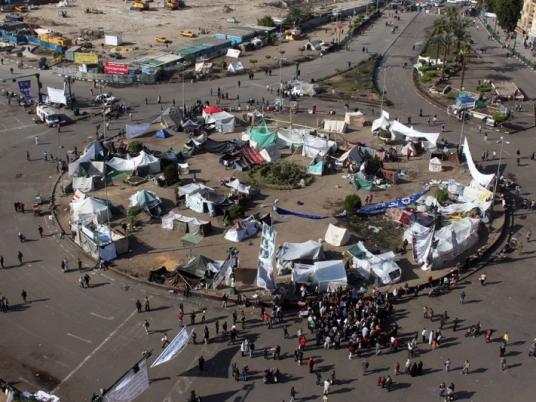London–The uprising in Egypt has continued to dominate headlines in the UK and much Western media, an indication of the import attached to the turmoil and potential regime change in the Arab world’s most populous country.
Wednesday morning’s papers saw news of Mubarak’s TV announcement not to run for another term splashed across the front pages, followed by evening news bulletins leading on the violence in Tahrir Square that day.
This extensive media coverage and interest is underscored by Egypt’s centrality to the strategic interests of Britain and other Western powers in the region. Mubarak’s now-beleaguered regime has long been called a "moderate" and a key ally of Washington–this despite its reputation for corruption and brutality against its people, thoroughly documented by numerous human rights groups.
Nonetheless, as UK Minister for the Middle East and North Africa Alistair Burt said in a statement on Monday: “The UK has major interests at stake in Egypt, which has played an important role as a regional leader, including in the Middle East peace process and as the largest foreign investor."
Conservative MP and chair of Parliament’s Foreign Affairs Select Committee Richard Ottaway explains what these interests boil down to: “Egypt is so important because of the treaty with Israel…they are an important moderating voice and that’s why it’s so important that we have an orderly transition rather than a disorderly one.”
“Orderly transition” has become a mantra of the discourse emanating from Western capitals, as policymakers have struggled to keep up with events rapidly unfolding on the ground in Egypt and to formulate positions that remain relevant and will still safeguard their vital interests.
While solidarity protests in the UK have been very much in line with Egyptians’ demands for the immediate removal of Mubarak, officialdom has sat on the fence. Wary of backing the wrong horse or wading in too deep, carefully-worded rhetoric has stressed the need for “restraint,” “reform” and “dialogue” from the regime, while acknowledging the “legitimate grievances” and “aspirations” of the people. This has at times appeared at odds with the furious dissent of protesters.
Wafik Moustafa, chairman of the Conservative Arab Network, throws his full support behind Egypt’s “Lotus Revolution,” but also backs the cautious realpolitik approach of the British Government. “I think they took the right measures, updated fairly and frequently to ensure stability,” as the essence of their message has been “It’s okay to change the regime, but not to leave a vacuum.”
Central to Western fears about the uprising in Egypt is that so-called "extremist" elements, such as the Muslim Brotherhood, could take advantage of a power vacuum if Mubarak were to be removed too suddenly, as protesters are demanding. A lot has been made of this in the media here, despite the low-key role played by the brotherhood in the protest movement to date. As one commentator writing in conservative-leaning newspaper The Daily Telegraph warned: “If Egypt does hold democratic elections, few doubt the brotherhood will be one of the key beneficiaries–perhaps the beneficiary.”
However, these fears of an Islamist takeover are “much exaggerated,” says Fawaz Gerges, professor of Middle Eastern politics and international relations at the London School of Economics, and have been further stirred up by Israeli Prime Minister Benjamin Netanyahu, who “fired the first shot in the campaign to portray the opposition as basically dominated by extremists, by the Muslim Brotherhood.”
Israel, regional stability and extremism are central to Western policy dilemmas over Egypt. As unrest continues, many experts see the vital question as whether Western leaders will continue to see their interests embodied by an Egypt with Mubarak at the helm.
But the tide may be turning. Support is “dwindling” as positions become “more nuanced” says Gerges. “In the eyes of Western policymakers, in particular the British and the Americans, President Mubarak has become a liability–a liability for maintaining stability in Egypt and a liability in maintaining Western interests.”
The violence perpetrated against protesters in Tahrir on Wednesday may be another incentive to distance policy from Mubarak’s beleaguered rule; another black mark against his ability to carry out the desired "peaceful and orderly transition." Statements from Downing Street on Wednesday suggest that patience is wearing thin as Prime Minister David Cameron called the day’s attacks on protesters “despicable.” He added: “If it turns out that the regime, in any way, has been sponsoring or tolerating this violence, that would be completely and utterly unacceptable…change needs to start happening now, and the violence needs to stop.”
And policymakers and commentators looking for a new poster-boy to lead Egypt into the next phase seem to have their eye former IAEA head Mohamed ElBaradei. There has been much media hype over his role and potential as an emerging opposition leader. As Moustafa points out, that from a Western perspective, ElBaradei is “probably the most credible and visible Egyptian on the scene today,” owing to his “knowledge, experience and worldwide respect.” And, perhaps most importantly for anxious foreign policy makers, he is a secular figure.




